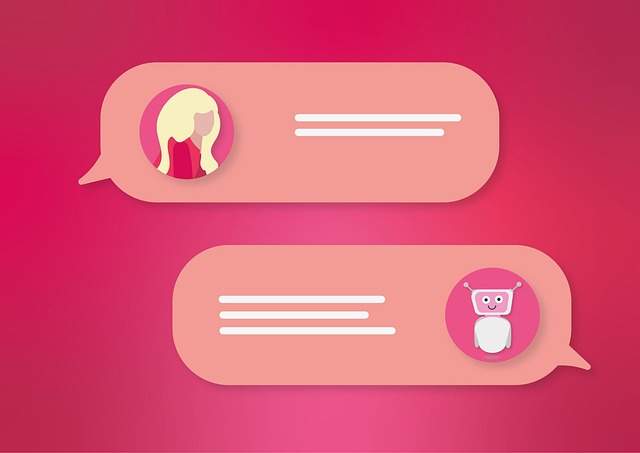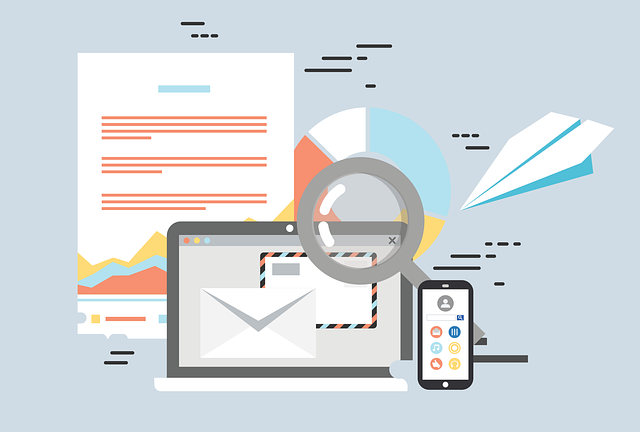AI chatbots online revolutionize human-machine interaction through Natural Language Processing (NLP), enabling them to understand and respond naturally to user queries, including sarcasm and sentiment. Integrated into websites and smartphones, these virtual assistants provide 24/7 support, personalize interactions, and automate tasks, enhancing user experiences and business operations. While facing challenges with context understanding and data quality, ongoing research in NLP and machine learning promises to further transform AI chatbots online across sectors like customer service, healthcare, education, and entertainment.
“Discover the transformative power of AI chatbots online, an evolving facet of Natural Language Processing (NLP). This comprehensive guide unravels the fundamentals of AI chatbots, exploring how NLP enables seamless conversational interactions. From understanding user queries to providing contextually relevant responses, these bots revolutionize customer service and engagement. We delve into the myriad benefits of implementing AI chatbots online, their diverse applications, and the challenges they face. Prepare to navigate the future prospects of this game-changing technology.”
- Understanding AI Chatbots: The Basics
- How NLP Enables Conversational AI
- Benefits of Implementing Chatbots Online
- Types of NLP Chatbot Applications
- Challenges and Future Prospects of AI Chatbots
Understanding AI Chatbots: The Basics

AI chatbots have revolutionized the way we interact with technology, offering a natural and intuitive way to communicate with machines. These intelligent virtual assistants are designed to mimic human conversations, understanding and responding to user queries in real time. At their core, AI chatbots rely on Natural Language Processing (NLP), a branch of artificial intelligence that enables computers to interpret and comprehend human language.
By leveraging NLP, these chatbots can analyze text input, extract meaning, and generate appropriate responses. They are trained using vast amounts of data, allowing them to learn patterns, context, and semantics, which enable them to provide relevant and contextually aware answers. Whether integrated into websites as customer support tools or available as personal assistants on smartphones, AI chatbots are transforming the way we access information and perform tasks online.
How NLP Enables Conversational AI

Natural Language Processing (NLP) is a powerful tool that enables machines to understand and interpret human language, thereby facilitating the development of sophisticated AI chatbots online. By applying NLP algorithms, these virtual assistants can process user queries, extract relevant information, and generate contextually appropriate responses in real time. This makes conversations with AI chatbots feel natural and human-like.
NLP enhances the conversational abilities of AI chatbots by allowing them to grasp nuances, such as sarcasm or sentiment, present in text-based interactions. It enables these chatbots to learn from user inputs, improve over time, and even adapt their responses based on individual preferences. This level of understanding is crucial for creating engaging and personalized experiences for users interacting with AI chatbots online.
Benefits of Implementing Chatbots Online

Implementing AI chatbots online offers a multitude of benefits for businesses and customers alike. These virtual assistants enhance user experiences by providing instant, 24/7 support, ensuring quick responses to common queries. Whether it’s answering frequently asked questions, processing orders, or offering personalized recommendations, chatbots streamline operations, reducing the workload on human customer service teams.
Moreover, AI chatbots online can be tailored to understand and adapt to natural language, making interactions feel more human-like. This level of personalization fosters stronger connections with users, increases engagement, and contributes to building brand loyalty. By automating routine tasks, businesses can focus their resources on more complex issues, ultimately leading to improved efficiency and cost savings.
Types of NLP Chatbot Applications

AI chatbots have evolved far beyond simple rule-based systems, leveraging Natural Language Processing (NLP) to understand and respond to user queries in a natural, human-like manner. These advanced bots can be tailored for various applications, catering to diverse industries and user needs. One prominent type is the customer service chatbot, which handles inquiries, provides support, and guides users through online platforms, enhancing accessibility and efficiency.
Another significant application is personalized assistants designed to manage schedules, set reminders, and provide recommendations based on individual preferences. These AI chatbots often integrate with email, calendar, and e-commerce systems, offering a seamless experience for users seeking assistance in their daily tasks. Furthermore, they can be utilized in healthcare settings as symptom checkers or initial assessment tools, guiding patients and directing them to the appropriate resources or medical professionals. With their versatility and expanding capabilities, ai chatbots online are transforming how we interact with technology and information.
Challenges and Future Prospects of AI Chatbots

Despite their remarkable advancements, AI chatbots online still face several challenges. One significant hurdle is understanding context and nuances in human language, leading to misinterpretations and inaccurate responses. Another challenge is handling complex tasks that require common sense reasoning or creative problem-solving, areas where humans excel but current chatbots struggle. Data quality and bias also pose issues, as chatbots learn from the data they’re trained on, potentially perpetuating existing societal biases if not carefully managed.
Looking ahead, the future of AI chatbots holds immense promise. Continued research in natural language understanding, generation, and contextual learning is paving the way for more sophisticated and human-like interactions. Advancements in machine learning algorithms, coupled with access to vast amounts of diverse data, can help chatbots overcome current limitations. This evolution will not only enhance user experiences but also open up new possibilities across various sectors, from customer service and healthcare to education and entertainment.
